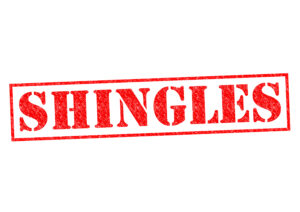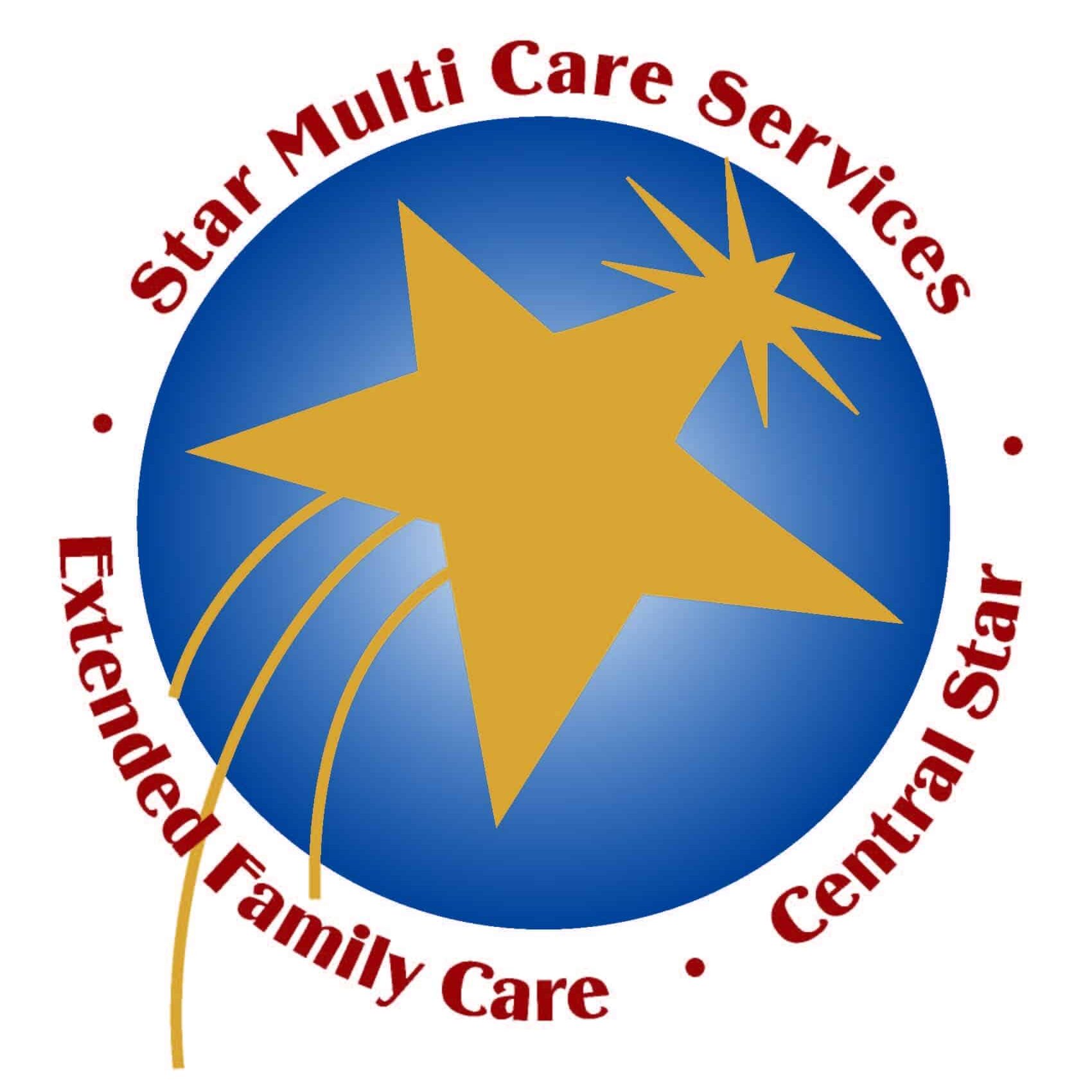Shingles is a very common health issue that affects one out of three Americans over the course of a lifetime. For reasons that elude science, the incidence of shingles in the elderly in the United States has been increasing for many years. Elderly care aides can help with this condition.
Young people and the middle aged are at risk for shingles, as are people over 65. However, the risks for seniors with shingles is greater, especially for those with a compromised immune system. One to four percent of people with shingles have to be treated in the hospital.
What are the symptoms?

Shingles occur due to a viral infection. Its main symptom is a red rash of painful blisters, usually on the chest, neck, or face, though the rash can appear on other parts of the body. The rash is usually limited to either the right or the left side of the body.
The first indication that a patient has shingles is pain which has to be differentiated from kidney, lung, or heart disease. The rash causes a high sensitivity to touch and tingling, burning, and/or numbness. The area of the rash may be itchy, and the blisters can fill up with fluid. When they burst, they scab over. Some people with shingles may also develop headaches or fever.
In the young and middle aged, shingles can usually be treated at home. People over sixty, however, should see a doctor if they suspect they have shingles. This older group is at higher risk of complications. While people rarely die of shingles, it can happen in the case of a patient with lowered immunity due to medications, chemo, or chronic health condition.
Who is at risk?
Shingles starts out as chickenpox, and those who have never had chickenpox will not get shingles. After a patient recovers from chickenpox, the virus that causes it remains dormant in the body. If the virus is triggered. It erupts in the form of shingles.
The science of elderly care does not fully understand what triggers shingles. A weakened system, due to infection, is a likely culprit, but cancer, HIV, AIDS, anti-rejection medications, and a decline in T cells can also bring the virus swinging back into action. T cells decline naturally in old age. Elder care experts believe that is why people over sixty are more likely to get shingles.
People over fifty are at the highest risk of developing shingles. Shingles cannot be transmitted from person to person, BUT people with shingles are potentially contagious. Contact with an open sore can transmit the virus to another person, but that person will initially develop chickenpox, not shingles.
What you and elderly care aides can do if your senior gets shingles.
If your beloved parent develops the signature rash that indicates shingles, you should get him to a doctor. Only a medical professional will know the right course of treatment and whether your loved one needs to go to the hospital.
If you have not yet hired elderly care, you should know that elderly care aides can be a huge help in letting you know when your senior has developed a health issue that needs medical attention. The peace of mind you get from employing elderly care for your senior is worth a great deal.
Sources: https://www.cdc.gov/shingles/surveillance.html
https://www.mayoclinic.org/diseases-conditions/shingles/symptoms-causes/syc-20353054
If you or an aging loved one are in need of Elderly Care Services in Floral Park NY or the surrounding areas, contact the caring professionals at Star Multi Care Services today at (631)956-8835. We are the Right Choice for Home Health Care Services!
- Help Your Senior Welcome Back the Birds of Spring - March 26, 2025
- Honoring Our Team: Birthdays, Anniversaries, and New Additions! - March 25, 2025
- Recognition of Employees for March - March 21, 2025

